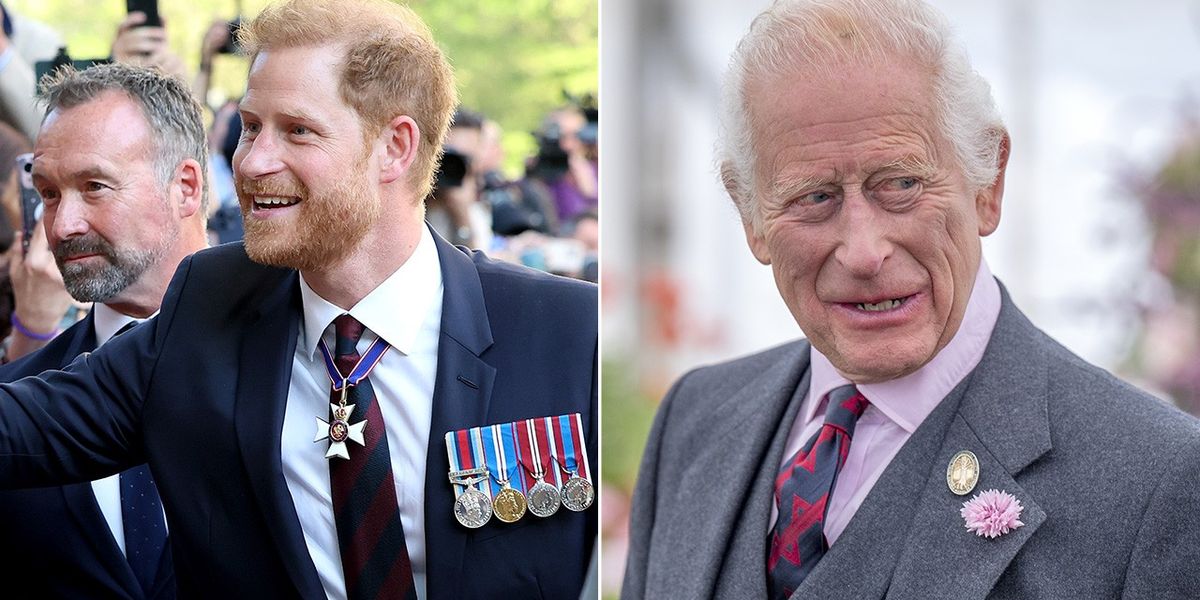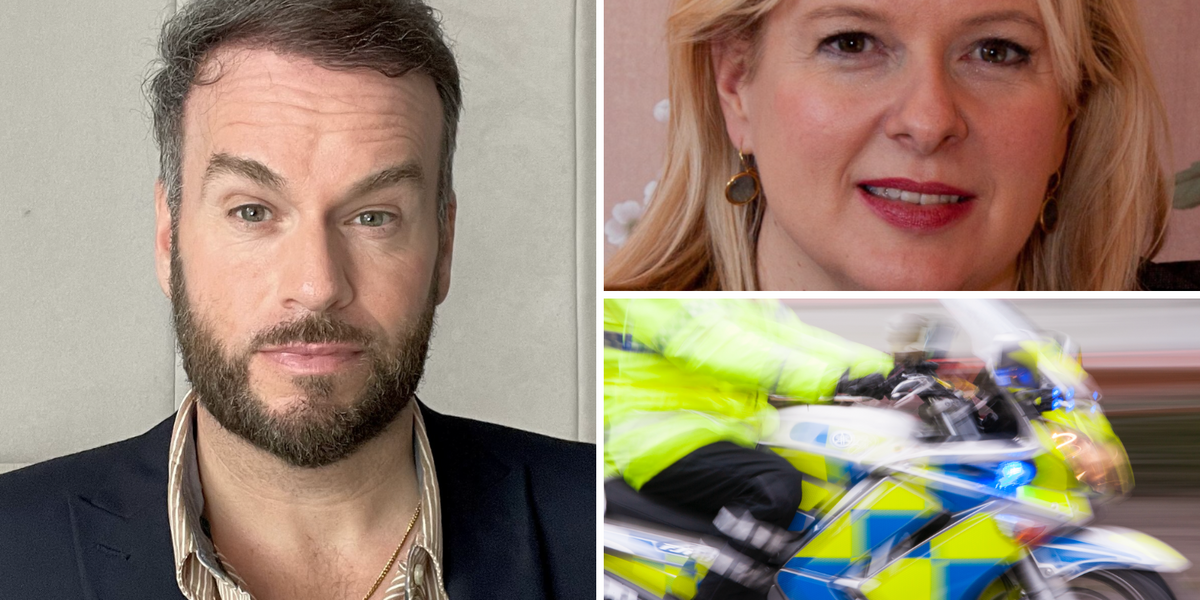A student whose telltale cancer symptoms were dismissed as ‘teenage problems’ has warned young people to insist doctors take them seriously – especially if they’re suffering five ‘red flag’ warning signs.
Georgia Kennedy, now 21, from Peterborough, was 19 when she was diagnosed with Hodgkin lymphoma – a type of blood cancer that is on the rise in those aged under 20.
The trampoline gymnast coach had struggled with tiredness since she was 15, which was so severe she was forced to quit all sporting activities.
She claims doctors told her she would ‘grow out of it’.
However, Ms Kennedy also had another sign of blood cancer which she herself ignored – a lump on her neck around the collarbone – which doctors also failed to spot.
In October 2022, she visited a GP for help with a cough that wasn’t going away.
‘They looked at my notes, saw that I had asthma when I was younger and told me to use inhalers for a few weeks,’ she said.
‘It was getting worse so a few weeks later I rang them again and they asked me how I’d like to proceed. I was only 19 – I had no idea.
Georgia Kennedy from Deeping Gate in Peterborough was only 19-years-old when she was diagnosed with Hodgkin lymphoma – a type of blood cancer

The trampoline gymnast coach (pictured a week before she was diagnosed) had struggled with tiredness since she was 15. It was so severe she quit all her sports and cut down on activities, but claims she was told by doctors she would grow out of it
‘I ended up having a chest X-ray a few days later. They said the scan looked abnormal but that it was nothing urgent and I’d have more detailed imaging after Christmas.’
Three days before Christmas 2022, Ms Kennedy found herself struggling to breathe, and took herself off to A&E at Peterborough City Hospital, where doctors performed another scan.
It was here that a nurse gave her the devastating news that, based on the X-ray, while the cough could be an infection, it was most likely cancer.
The lump, which had grown ever-so-slightly over the course of two years, was a swelling in her lymph node, typical of her type of blood cancer.
Hodgkin lymphoma is an uncommon cancer that develops in the lymphatic system, a network of vessels and glands called lymph nodes that are part of the immune system and spread throughout the body.
Lymph nodes commonly swell in response to an infection due to a cluster of fighter cells collecting in the gland to destroy the intruder. But they usually go back to their normal size after a short time.
However, with Hodgkin lymphoma, these cells develop abnormally multiply rapidly, forming permanent growths in the lymph nodes.
‘I hadn’t even registered cancer as an option so I thought that can’t be right,’ Ms Kennedy said.
‘I remember having tunnel vision, I couldn’t really hear anyone, and it was like my senses were gone. I just sat there thinking this can’t be happening.’
Hodgkin lymphoma is diagnosed in around 2,000 Brits a year. But rates of the cancer are rising in youngsters with cases rising by 32 per cent in people under 24 since the early 1990s, according to Cancer Research UK.

Ms Kennedy also had another sign of blood cancer — a lump on her neck around the collarbone. But because it grew slowly she didn’t think anything of it

Ms Kennedy had six cycles of chemotherapy which she completed in May 2023. Following her remission she went travelling and is now studying drama at Manchester University
As well as lumps in the lymph nodes, the cancer can also cause shortness of breath, a persistent cough and fatigue – due to anemia from a low red blood cell count.
Catching symptoms early and getting a diagnosis before a cancer has spread can save lives.
But most young people do not know the main warning signs of cancer in young people.
Teenage Cancer Trust research revealed just 17 per cent of 13-24-year-olds know all five of the main warning signs of cancers in young people.
These symptoms are: lumps and swellings anywhere on the body, unexplained tiredness, mole changes, persistent pain and an unexplained weight change.
‘You hear to check for lumps and bumps in your breasts, but you’re never told to check anywhere else like your neck or lymph nodes, so you wouldn’t,’ Ms Kennedy said.
‘I’d also lost about 10 kilos from summer to that Christmas and again, didn’t notice.
‘I feel like I’m partly to blame because I didn’t notice a lot of these things and I think my mum feels a bit of guilt about that too.
‘But you never think it’s going to be cancer and the symptoms can be over a longer period of time than you think.’
Ms Kennedy had six cycles of chemotherapy which she completed in May 2023, and is now in remission.
She celebrated her recovery by going travelling, and is now studying drama at Manchester University.
Louise Soanes, Teenage Cancer Trust Chief Nurse, said: ‘It’s so important to know your own body to be able to spot any changes.
‘Although cancer in young people is rare, it does happen, so it’s really important that young people know the most common signs.’











